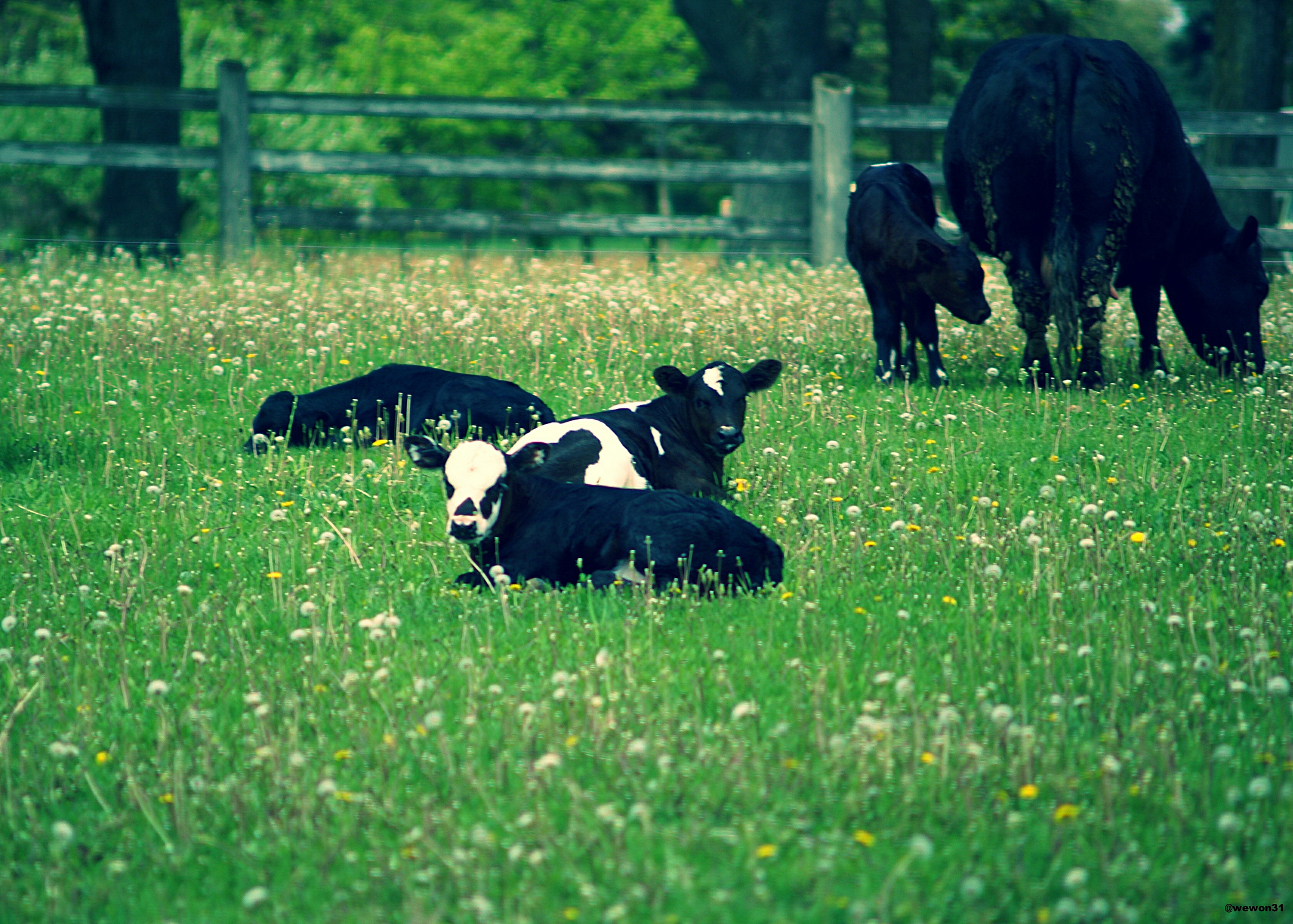Mitigating Climate Change on the Farm
Author:Ellen Vessels | Published: Fall 2016
Rosie Burroughs is worried about the pines. Each time she drives from her family’s dairy to their pack station in the Minarets, she notices more and more dead trees, the lush green landscape withering into a brown, twiggy boneyard. The Forest Service tells her the pines have been wiped out by a beetle that would normally die off in the cold season, but because the winters have been so mild, the beetle has proliferated, meaning devastation for the trees.
This is disconcerting not only for the forest, but also because the snow melt in the Sierra Nevada Mountains is a major source of California’s water. An ecological imbalance in the Sierras could portend disaster for the entire state.
Burroughs has noticed other changes too, at her family’s farms and at her neighbors’. Warm winters are confusing the plants, which bud and bloom out of season. Farmers who purchase water face skyrocketing prices. Others neighbors have had their water cut off before their crops could ripen.
For the agriculture industry, the effects of climate change have become undeniable, especially in the drought-prone state of California. Farmers, whose livelihoods are utterly dependent upon the cycles of nature, are on the front lines of the battle, taking the first and hardest blows. So while others may anxiously await for yet undiscovered technologies to thwart climate change, organic farmers are already adapting. Better yet, they are creating solutions that we can use immediately.

